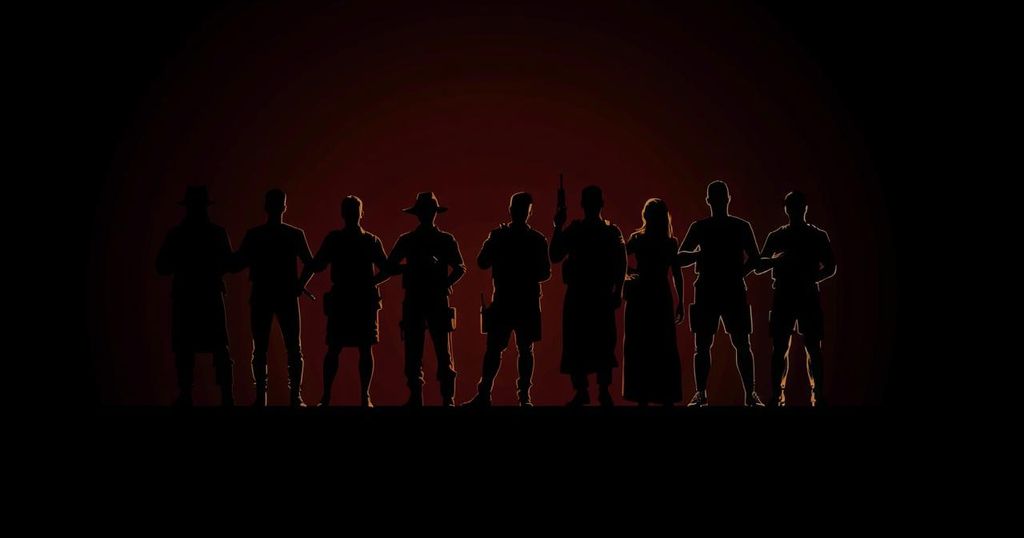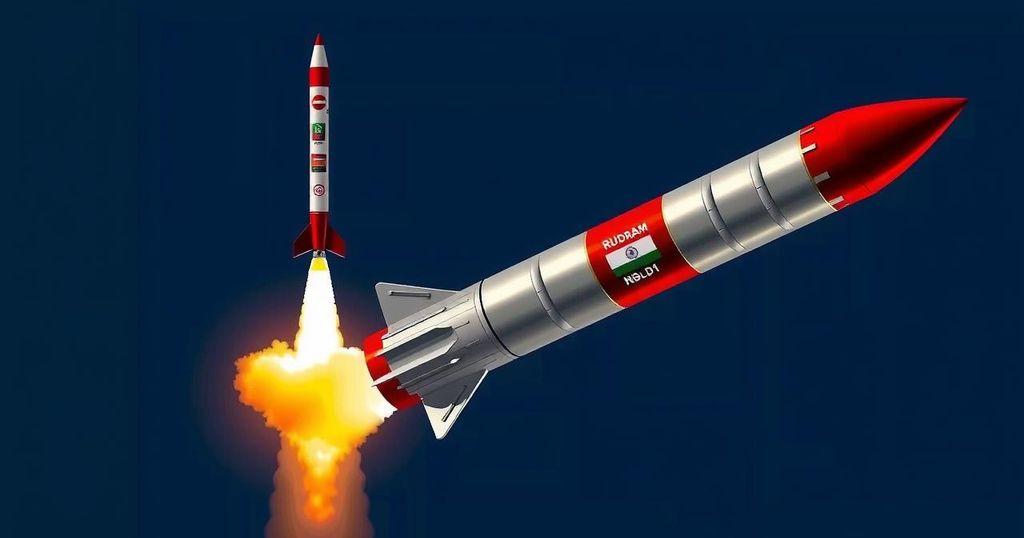Implications of the Recent Attacks on Mali’s Security Landscape
Mali’s security situation is in turmoil following a significant attack by insurgents that resulted in casualties at an elite police training academy and damage to airport infrastructure. The assault, claimed by Al Qaeda-linked JNIM, has raised questions about the junta’s capacity to manage security and protect citizens, particularly with recent claims of reduced militant activity. The violence has led to a reevaluation of the government’s credibility and effectiveness in countering insurgency threats.
On Wednesday, the security landscape in Mali remained precarious following an audacious attack by insurgents that targeted an elite police training academy as well as other key locations, leading to numerous fatalities among trainees and damage to infrastructure. The assault, which included the overrunning of a portion of the airport and the destruction of a presidential jet, was characterized by analysts and diplomats as a significant setback for the ruling junta, the Economic Community of West African States (ECOWAS), and the European Union, who jointly condemned the violence. While the Malian government has yet to confirm the complete scope of casualties, state media acknowledged the occurrence of deaths resulting from the incident. Eyewitness accounts and videos shared online depicted devastating scenes, with sleeping quarters reduced to ashes and several charred bodies visible beneath the wreckage. The militant group Jama’a Nusrat ul-Islam wa al-Muslimin (JNIM), which claims affiliation with Al Qaeda, reported heavy enemy losses in its attack on strategic targets, including the destruction of military aircraft and a drone. Flights to Bamako resumed on Wednesday morning, shortly after the violence erupted the previous day. Interestingly, the attack coincided with the anniversary of Mali’s gendarmerie, a fact that the United Nations highlighted as indicating a meticulously planned operation aimed at demonstrating the group’s strength. The timing of the assault also raised questions regarding the effectiveness of Mali’s military response capabilities, especially following a recent rout suffered by the Malian army and Wagner mercenaries at the hands of Tuareg rebels. Despite previous assertions by junta leader Assimi Goita of diminishing armed militant threats, a diplomatic source in Bamako suggested that this incident severely undermines the government’s credibility on national security matters. Public sentiment may shift significantly in response to these events, evaluating the regime’s protective capacity against extremist elements. Furthermore, accounts of mob violence against suspected collaborators of the attack highlight growing unrest and a thirst for accountability among citizens. The ambition and operational capabilities demonstrated by JNIM in this incident signal a troubling escalation in their tactics in Mali’s ongoing conflict, prompting calls for a reevaluation of the national counter-insurgency strategy.
The attack on Mali’s elite police training academy and other strategic targets has raised alarm among analysts and diplomatic circles regarding the deteriorating security conditions in the country. Mali has been struggling with significant security challenges, particularly from jihadist groups like JNIM, which have carried out numerous violent attacks in the region. The Malian junta, which has positioned itself as a bulwark against these groups, faces increasing scrutiny and pressure to deliver effective security to its population. Previous claims made by the Malian leadership about successes in mitigating terrorist threats are now under serious question following this latest incident. The involvement of the Wagner Group, a private military contractor known for operating in conflict zones, further complicates the dynamics of the security environment in Mali, as it is tied to both the domestic military efforts and foreign intervention responses to jihadist violence.
In conclusion, the recent attack in Mali serves as a stark reminder of the persistent and evolving threats posed by jihadist groups in the region. It illustrates the inadequacies of the current security measures employed by the Malian government and raises significant concerns about the effectiveness of the national military strategy. With public confidence potentially wavering, the junta must urgently reassess its approach to counter-insurgency to stabilize the situation and regain the trust of the populace.
Original Source: www.usnews.com








Post Comment